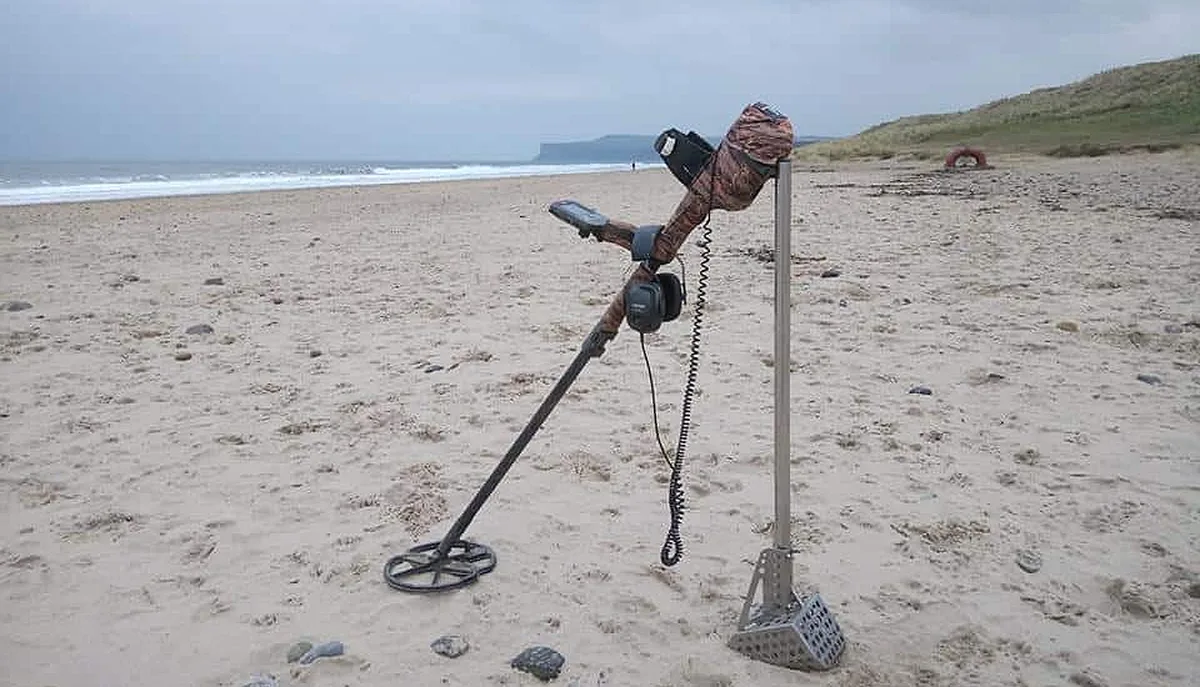30/08/2025
30/08/2025

KUWAIT CITY, Aug 30: Legal experts have issued a stark warning against the growing trend of unlicensed treasure hunting in Kuwait, declaring the use of metal and antiquities detection devices without official approval a criminal act punishable by prison terms, hefty fines, and confiscation of equipment.
The warnings come amid rising concerns that such devices, often marketed for mineral or relic detection, are being misused by individuals seeking hidden wealth underground. Experts stress that not only do these activities violate state property laws, but they also pose serious risks to Kuwait’s fragile environment and cultural heritage.
Dr. Ali Hussein Al-Dosari, professor of law at Kuwait University and a lawyer in the Constitutional and Cassation Courts, stated that underground metal/mineral detection is “an exploratory activity with dangerous side effects” that can damage ecosystems and strip the state of its rightful assets. “These devices, which rely on electromagnetic vibrations, cannot be operated without a government license,” he warned. “The minerals and antiquities they target belong to the state. Anyone who uses them illegally exposes themselves to legal accountability, imprisonment, and the loss of all discovered items as they are considered public funds.”
The legal framework is not new. Lawyer Dr. Mohammed Nasser Al-Otaibi reminded that Kuwait enshrined protections for its antiquities as far back as 1960 under Decree Law No. 11, declaring all antiquities—whether on the surface or buried underground—as state property. “Even landowners cannot claim or excavate antiquities on their property,” he said. “The law makes it clear: excavation is strictly the state’s domain.”
Echoing the same, lawyer Mohammed Dha’ar Al-Otaibi underlined Kuwait’s firm stance as a state of law and institutions. “The legislator has criminalized the use of antiquities detection devices without authorization, viewing it as a direct attack on national heritage and state property,” he said. “Anyone caught digging without approval risks prison, fines, and even confiscation of assets used in the violation.”
Legal scholars stress that these measures are not mere technicalities—they are a shield protecting Kuwait’s cultural identity and preventing reckless environmental violations. In short, what may look like a harmless hobby with a metal detector could land violators behind bars.


